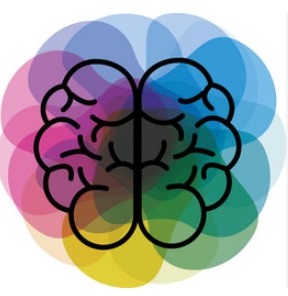 At IntraSpectrum Counseling, we know that affirming psychotherapy is a powerful tool that can provide symptom relief, and help people discover their growth edges and form healthier relationships with themselves and others. We also know the importance of talking openly about mental health issues in as many forums as possible – including here on our website. Inclusive, respectful and meaningful conversations can increase awareness; reduce stigma and misinformation; and encourage those who are struggling to seek help.
At IntraSpectrum Counseling, we know that affirming psychotherapy is a powerful tool that can provide symptom relief, and help people discover their growth edges and form healthier relationships with themselves and others. We also know the importance of talking openly about mental health issues in as many forums as possible – including here on our website. Inclusive, respectful and meaningful conversations can increase awareness; reduce stigma and misinformation; and encourage those who are struggling to seek help.
This glossary was created to add to the dialogue by sharing simple, concise definitions on many terms commonly used in mental health. Whether you’re looking to help guide mental health decisions for yourself; are seeking support for a loved one, friend or family member; or are just interested in gaining more understanding on the topic, we hope you find it helpful. Click the links below to browse terms & definitions alphabetically.



 Today, July 26th, is National Disability Independence Day. This annual commemoration marks the day in 1990 when the Americans with Disabilities Act (ADA) was signed into law. The ADA enshrined several crucial civil rights protections for individuals with disabilities, but it still falls short of its intended goals after over 30 years on the books.
Today, July 26th, is National Disability Independence Day. This annual commemoration marks the day in 1990 when the Americans with Disabilities Act (ADA) was signed into law. The ADA enshrined several crucial civil rights protections for individuals with disabilities, but it still falls short of its intended goals after over 30 years on the books.